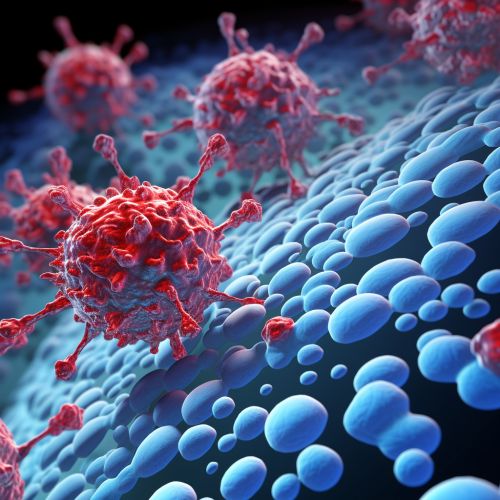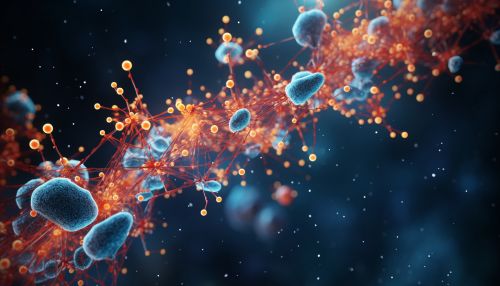The Biological Mechanisms of Cellular Autophagy
Introduction
Cellular autophagy is a fundamental biological process that involves the degradation and recycling of cellular components. This process is essential for maintaining cellular homeostasis and responding to various forms of stress. Autophagy is regulated by a complex network of signaling pathways and protein-protein interactions, and its dysregulation is implicated in a wide range of diseases, including cancer, neurodegenerative disorders, and infections.
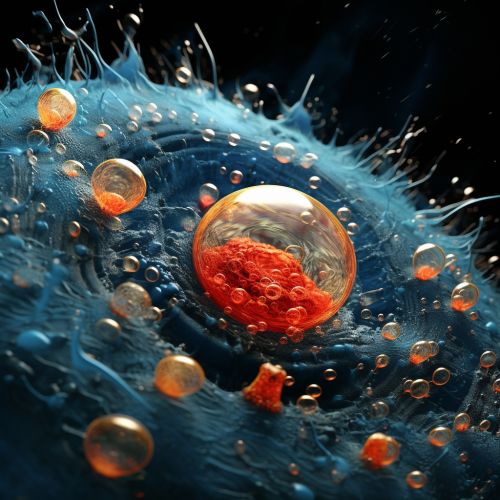
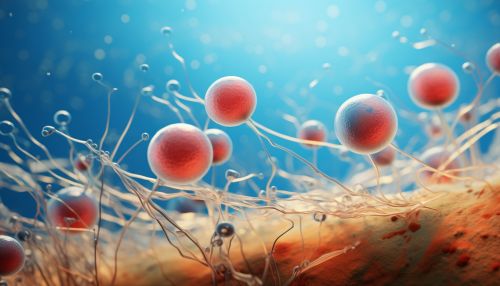
Mechanisms of Autophagy
Autophagy is a multi-step process that involves the formation of a double-membrane vesicle, known as the autophagosome, which engulfs cellular components for degradation. The autophagosome then fuses with the lysosome, a cellular organelle that contains enzymes for breaking down biological molecules, resulting in the formation of an autolysosome.
Initiation
The initiation of autophagy is regulated by the ULK1 (Unc-51 Like Autophagy Activating Kinase 1) complex, which is composed of ULK1, FIP200 (FAK family kinase-interacting protein of 200 kDa), ATG13 (Autophagy related 13), and ATG101. The ULK1 complex is negatively regulated by the mTOR (mechanistic target of rapamycin) signaling pathway, which inhibits autophagy under nutrient-rich conditions.

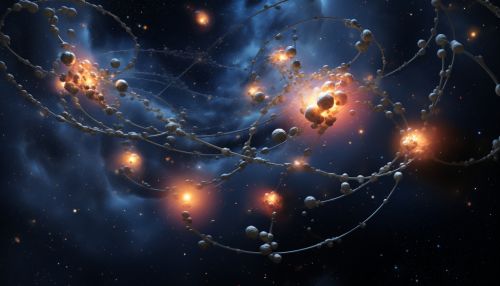
Nucleation
The nucleation step involves the formation of the autophagosome membrane, which is regulated by the class III phosphatidylinositol 3-kinase (PI3K) complex. This complex is composed of VPS34 (vacuolar protein sorting 34), VPS15, Beclin 1, and ATG14L. The PI3K complex generates phosphatidylinositol 3-phosphate (PI3P), a lipid molecule that recruits other autophagy proteins to the autophagosome membrane.


Expansion and Completion
The expansion and completion of the autophagosome membrane is regulated by two ubiquitin-like conjugation systems: the ATG12-ATG5-ATG16L1 complex and the LC3/ATG8 system. These complexes are involved in the elongation of the autophagosome membrane and its closure to form a complete autophagosome.
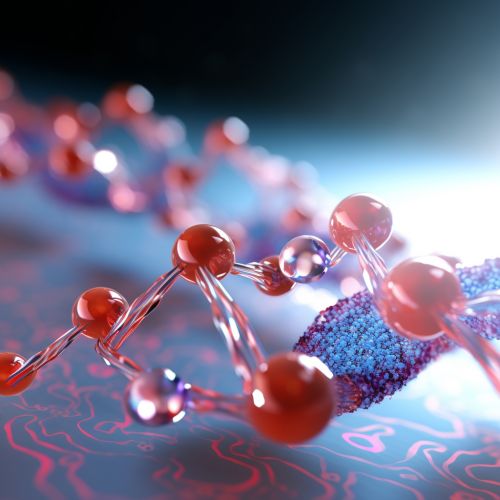
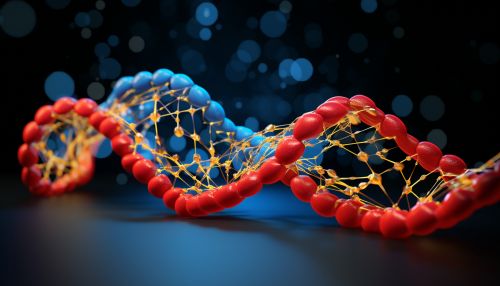
Role in Disease
Dysregulation of autophagy is implicated in a wide range of diseases. For example, mutations in autophagy genes have been linked to neurodegenerative disorders such as Parkinson's and Alzheimer's. In cancer, autophagy can have both tumor-suppressive and tumor-promoting roles, depending on the context. Autophagy also plays a crucial role in the immune response to infections, and its dysregulation can lead to inflammatory diseases.
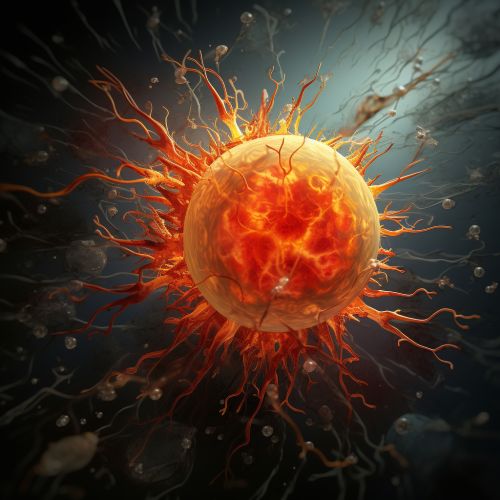
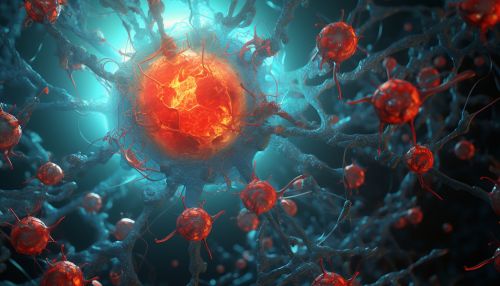
Therapeutic Targeting of Autophagy
Given the crucial role of autophagy in disease, there is considerable interest in developing drugs that can modulate this process. Several drugs that inhibit or induce autophagy are currently being tested in clinical trials for various diseases, including cancer, neurodegenerative disorders, and infections.
